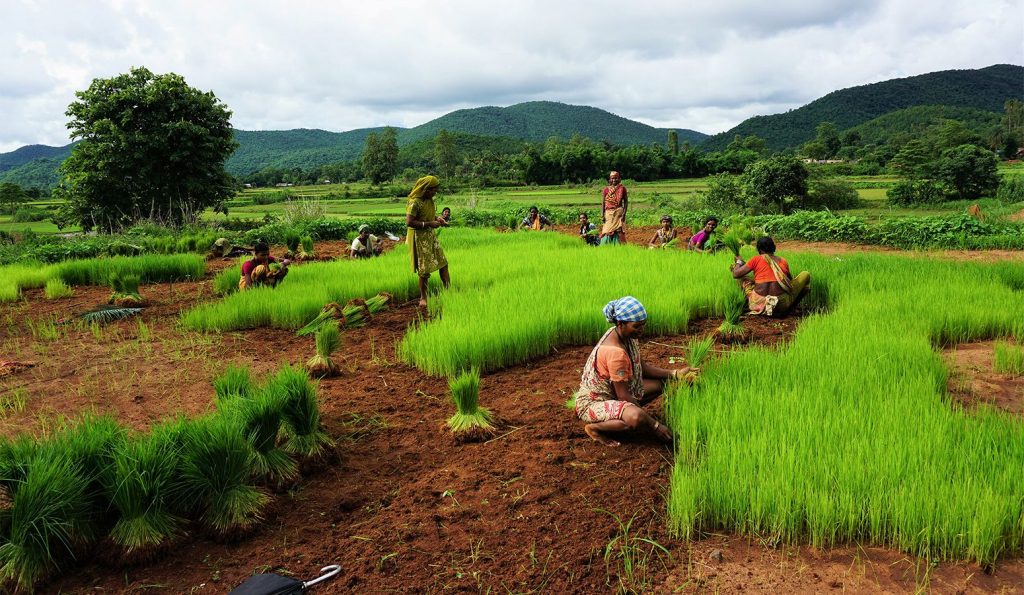
The view that productive agriculture is critical for employment creation and poverty elimination is now widely shared within the development community. Yet, this has not always been the case. In the run-up to the 2008 world food price crisis, many development practitioners, government officials and economists doubted whether agriculture could still play this role.
Agro-pessimism had set in during the 1990s and 2000s, with a decline in policy attention to the sector and agricultural investment. The food price spikes of 2008 brought a realisation that more needed to be done to strengthen agriculture in developing countries.
Today, world food prices are still 70 per cent higher than before the food price crisis (or 40-50 per cent in real terms) and the trade and policy environment is much more favorable to agriculture. But global income has also grown and poverty has declined and countries are more urbanised. So, what is the role of agriculture in poverty alleviation today and is the favorable inclination towards agriculture of the past years also backed by the more recent evidence?
Eight papers in a Special Issue of ‘World Development’ present the latest evidence. Using a multitude of analytical techniques (theoretical derivations, CGE modeling, econometrics), they confirm the continuing importance of agricultural development for poverty reduction. They also add important nuances.
Complementarity of the agricultural sector to industry and service sectors contributes much to economies in terms of economy of scale and economy of scope. Agriculture sector has both forward and backward linkage with industrial and service sectors of any economy in the world.
The poorest benefit the most from agricultural growth. Sustainable agriculture affects the extent of price decline and the extent to which producers and consumers gain. Computable general equilibrium model simulations for about 3,00,000 households from 31 countries suggest that agriculture’s advantage holds, irrespective of whether food is considered tradable or not. Agricultural growth appears a priority for poverty reduction in landlocked and coastal economies alike.
However, agriculture’s edge over non-agriculture sectors varies with the subsectors of the latter. There is substantial heterogeneity in the poverty-reducing effects of non-agriculture sectors across different subsectors. Trade and transport services have growth elasticities closer to those of agriculture, and those for manufacturing, especially agro-processing, can at times even exceed them.
Contrarily, the poverty-reducing effects of mining, finance, and business and government services are much more limited. The growth in productivity in trade and transport services can have both direct linkages and indirect ones, for example, by reducing the transaction costs for the marketed products. This is particularly beneficial in sectors with higher margins, such as agriculture and food.
The advantages of the agriculture sector over non-agriculture sector also depend on the financing source — a much-neglected fact. The way public investments are financed has first-order distributional implications, which may even overturn the underlying gains from rising productivity.
An increase in public capital formation targeted on agriculture can, for example, negatively affect real consumption wages of the rural unskilled if financed from a tariff, but have positive effects if financed through a consumption tax, which affects mainly the urban skilled.
Great reliance on aid-financed investment on the other hand, may cause real exchange appreciation, favouring the more traditional, domestic oriented non-agricultural sector over the more productive, open, modern sector.
Given that more and more unskilled labour is hired by the informal sectors of this closed (non-agricultural) economy, it may also lead to better poverty reduction than when public investment financing is less dependent on foreign grants, which would favour growth in the open modern economy and lead to greater labour productivity.
The writer is an economist.
